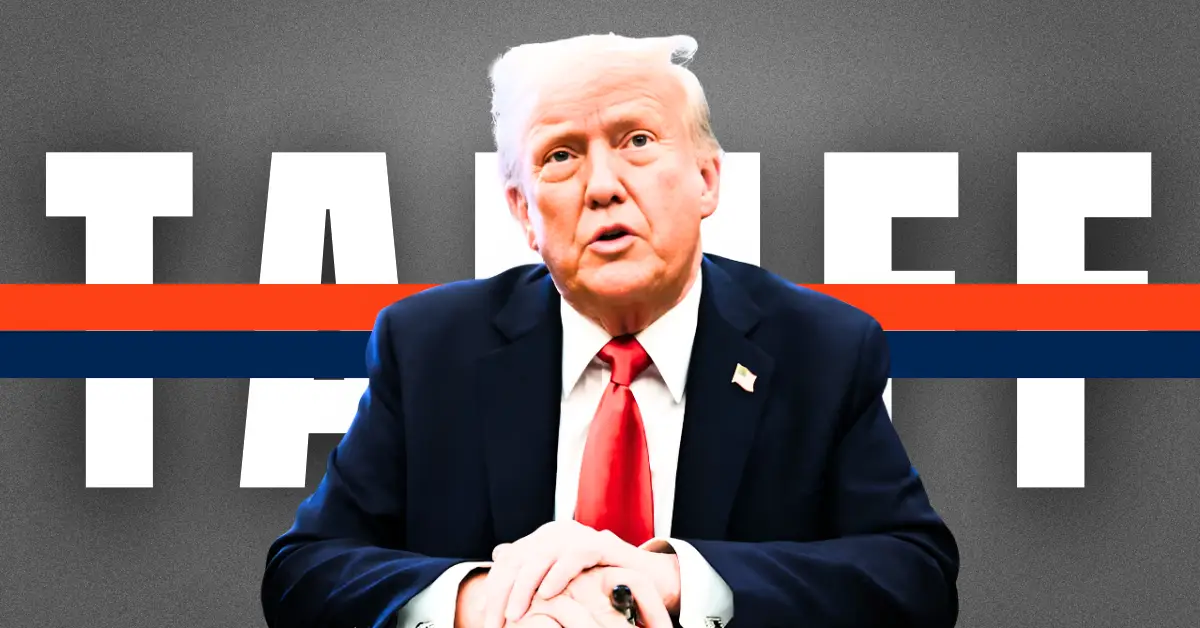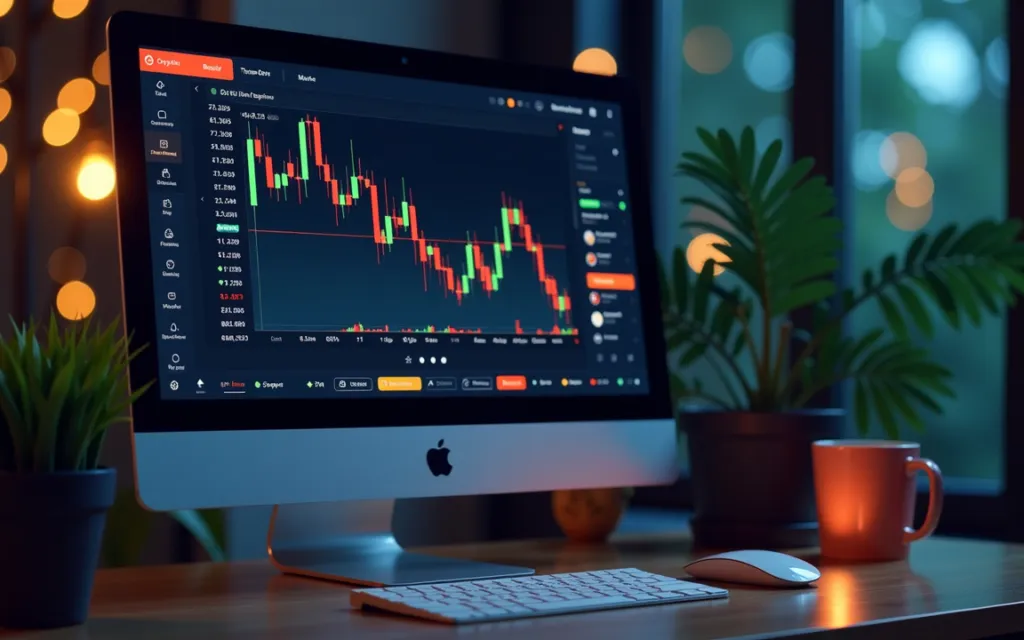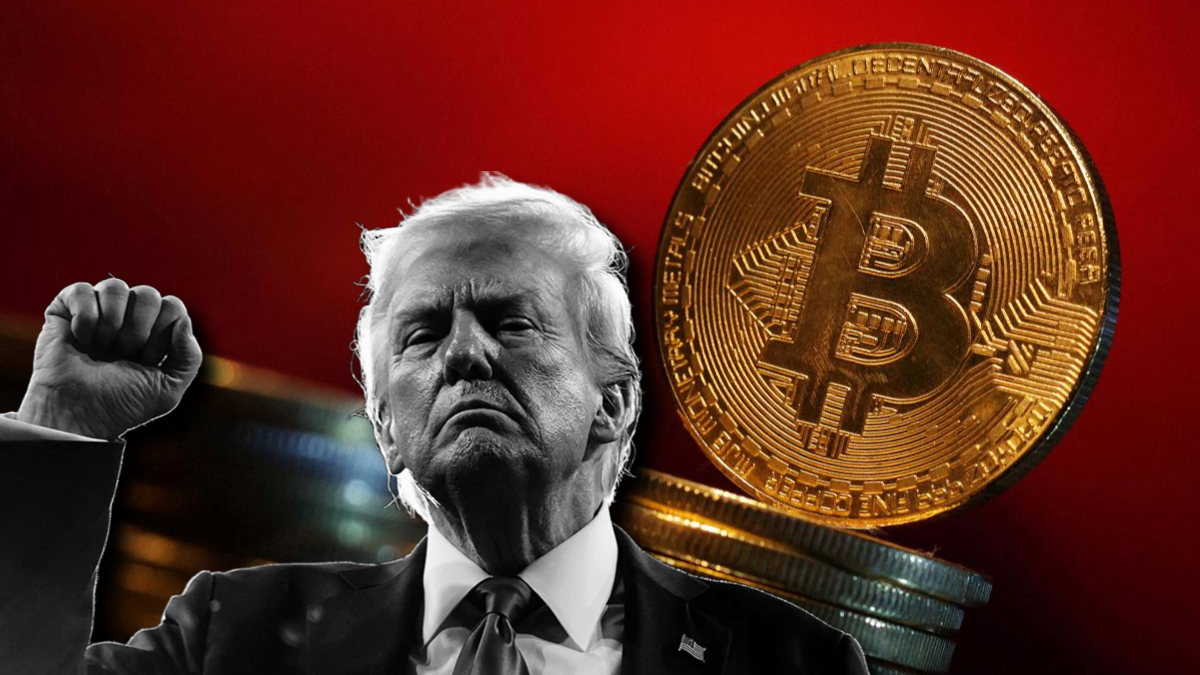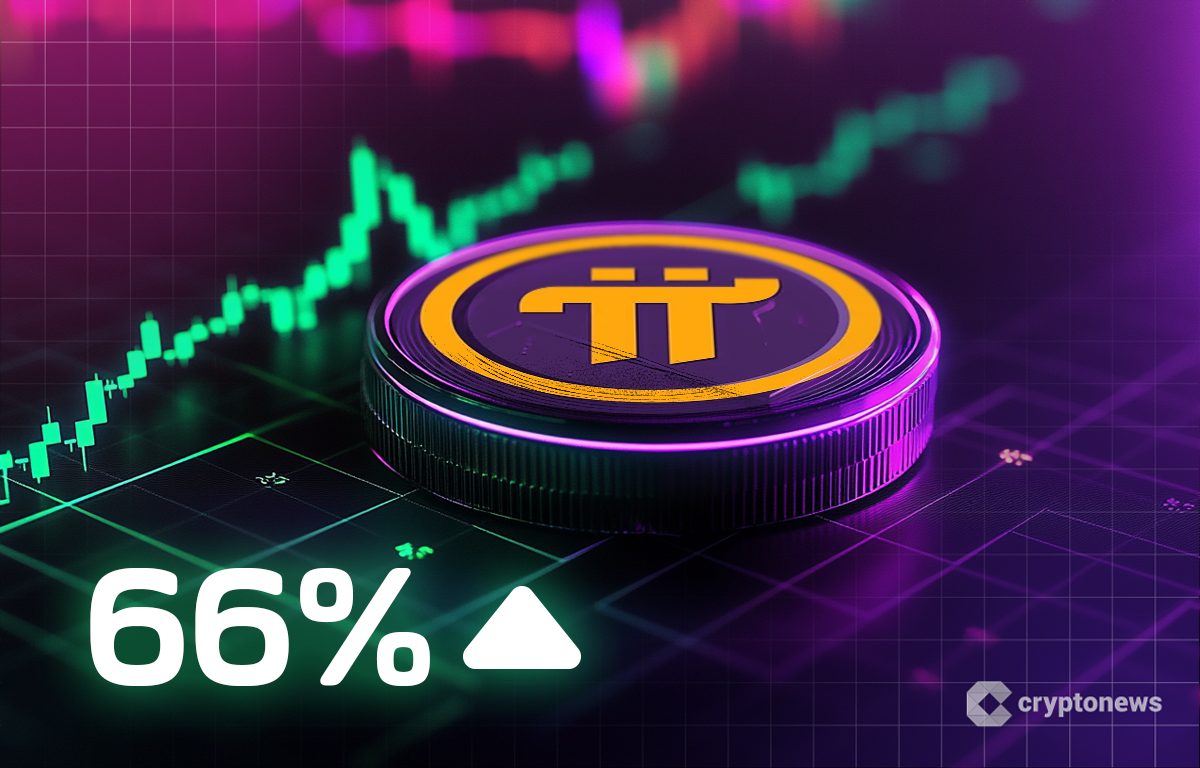The US Economy: Trump’s Tariff Policies and Their Impact on the Financial Markets
The US economy has once again found itself in a precarious position, with the ongoing repercussions of former President Donald Trump’s tariff policies continuing to cast a long shadow over the economic landscape. These policies, which aimed to protect American industries by imposing heavy tariffs on imported goods, have had far-reaching consequences, especially for the strength of the US dollar and the resulting financial market uncertainty.
The US Dollar: A Tumultuous Ride
The US dollar, long considered a safe haven for investors, has seen its value fluctuate wildly in response to the tariff policies. The imposition of tariffs led to heightened tensions with trading partners, fueling a wave of uncertainty that sent the value of the dollar on a tumultuous ride. This volatility made it difficult for businesses and investors to make informed decisions, further complicating an already complex economic situation.
Financial Market Uncertainty: A Hesitant Response
The financial markets have also felt the ripple effects of these tariff policies. The uncertainty surrounding the US dollar’s value, coupled with the potential for retaliatory tariffs from trading partners, has led to a hesitant response from investors. Many have opted to hold off on making significant investments, instead choosing to keep their funds in safer havens like gold or, as we will explore, Bitcoin.
Bitcoin: A Safer Alternative
In the midst of this economic turmoil, Bitcoin has emerged as a safer alternative for investors looking to store their funds. The decentralized digital currency, which operates independently of any government or financial institution, offers a level of stability and security that traditional financial markets cannot provide. This has led to a surge in demand for Bitcoin, with more and more investors turning to the cryptocurrency as a hedge against economic uncertainty.
Impact on Individuals: Hedging Against Inflation
For individuals, the economic situation created by Trump’s tariff policies could mean increased inflation and a weakened purchasing power of their savings. By investing in Bitcoin, they can protect their wealth from the eroding effects of inflation and maintain their purchasing power. Additionally, the decentralized nature of Bitcoin makes it less susceptible to government manipulation or control, providing a sense of financial freedom and security.
Impact on the World: A Global Economic Disruption
The economic disruption caused by Trump’s tariff policies is not limited to the US. The ripple effects have been felt around the world, with many trading partners experiencing decreased exports and increased inflation. This has led to a slowdown in global economic growth and heightened tensions between nations. The adoption of Bitcoin as a safer alternative for storing funds could further complicate the situation, as more countries and investors turn to the cryptocurrency for financial security.
Conclusion: Navigating Economic Uncertainty
The ongoing impact of Donald Trump’s tariff policies on the US economy and financial markets continues to create uncertainty and volatility. The value of the US dollar, once a reliable safe haven for investors, has become a wild card, while the financial markets remain hesitant to make significant moves. In this environment, Bitcoin has emerged as a safer alternative for investors looking to protect their wealth and maintain their purchasing power. As the situation unfolds, it is essential for individuals and businesses to stay informed and adapt to the changing economic landscape.
- The US economy continues to feel the repercussions of Donald Trump’s tariff policies.
- These policies have caused financial market uncertainty, particularly regarding the US dollar’s value.
- Bitcoin has gained traction as a safer alternative for investors to store their funds.
- Individuals can use Bitcoin to hedge against inflation and maintain purchasing power.
- The global economic impact of the tariff policies is far-reaching and complex.
- Adaptation and staying informed are crucial in navigating the economic uncertainty.





